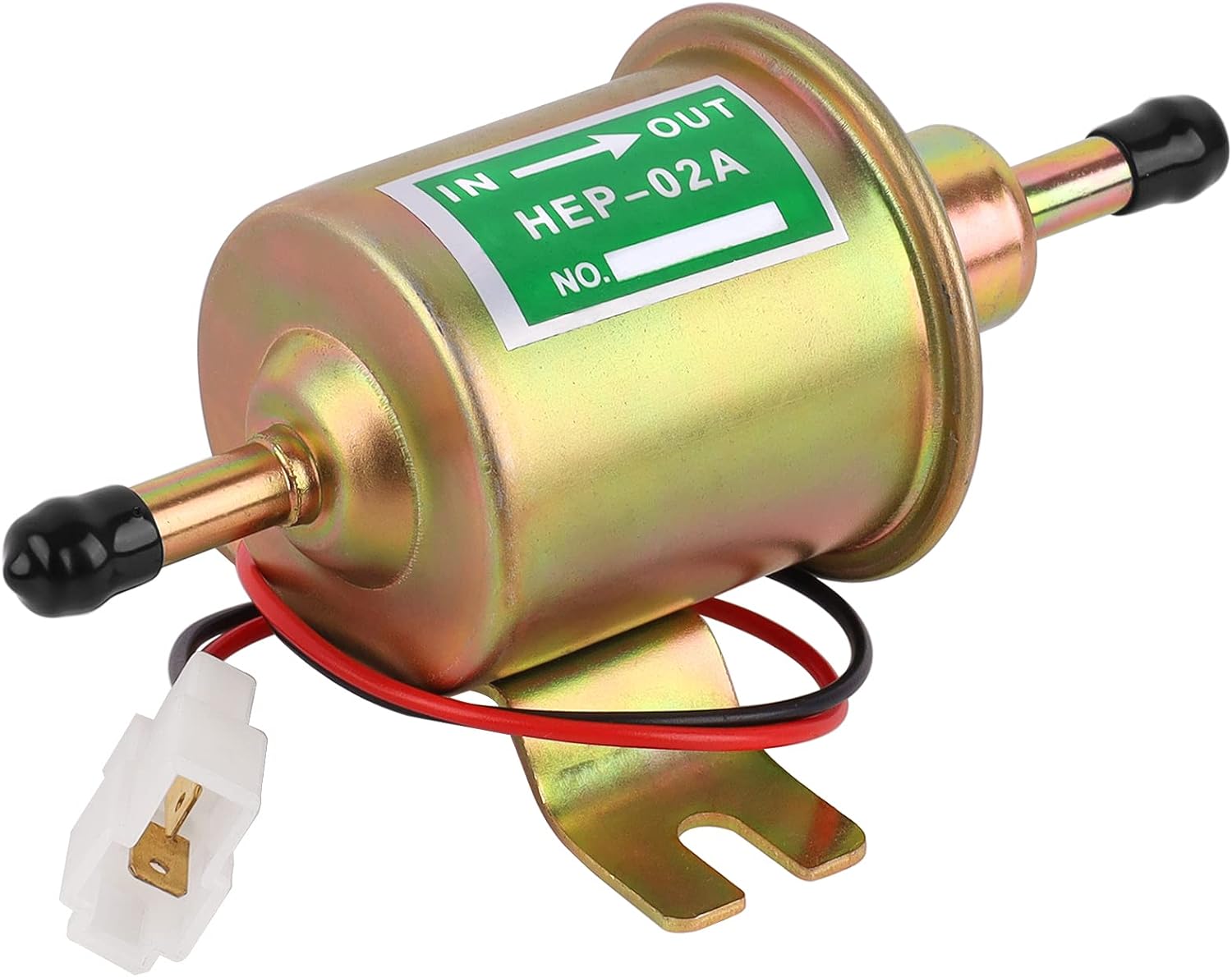In the world of automotive engineering, fuel pump failure is a prevalent issue that can lead to significant problems for vehicle owners. Understanding the root cause of this failure is crucial for both car enthusiasts and mechanics alike. In this blog post, we will delve into the depths of fuel pump failures, exploring the most common cause behind them. By shedding light on this critical issue, we aim to equip readers with the knowledge needed to prevent and address fuel pump failures effectively.
Section 1: The Anatomy of a Fuel Pump
To comprehend the most common cause of fuel pump failure, it is essential to first understand the intricate workings of this vital automotive component. A fuel pump is responsible for delivering fuel from the gas tank to the engine, ensuring proper combustion and vehicle performance. It consists of various parts, including the motor, impeller, inlet, outlet, and electrical connections.
Section 2: The Culprit Revealed: Contaminated Fuel
After extensive research and analysis, it has been determined that the most common cause of fuel pump failure is contaminated fuel. Contaminants such as dirt, debris, rust particles, and water can find their way into the fuel tank, leading to severe damage to the fuel pump system. This contamination can occur due to various factors, including poor fuel quality, improper maintenance, and external environmental factors.
Section 3: Effects of Contaminated Fuel on Fuel Pump
When contaminated fuel enters the fuel pump system, it can have detrimental effects on its components. The impeller, which is responsible for pumping fuel, can become clogged or damaged by debris, leading to reduced fuel flow and pressure. Additionally, rust particles and water can cause corrosion within the fuel pump, further compromising its functionality. Over time, these issues can escalate, resulting in complete fuel pump failure.
Section 4: Prevention and Maintenance
Preventing fuel pump failure caused by contaminated fuel is crucial for vehicle owners. Regular maintenance, such as fuel filter replacement and fuel system cleaning, can help mitigate the risk of contamination. Additionally, using high-quality fuel from reputable sources and avoiding fueling up at stations with questionable fuel quality can significantly reduce the chances of fuel pump failure.
Section 5: Conclusion
In conclusion, contaminated fuel stands as the most common cause of fuel pump failure. Understanding the impact of contaminants on the fuel pump system and implementing preventive measures can save vehicle owners from costly repairs and inconveniences. By prioritizing fuel quality, regular maintenance, and awareness of potential contaminants, individuals can ensure the longevity and optimal performance of their vehicles.

